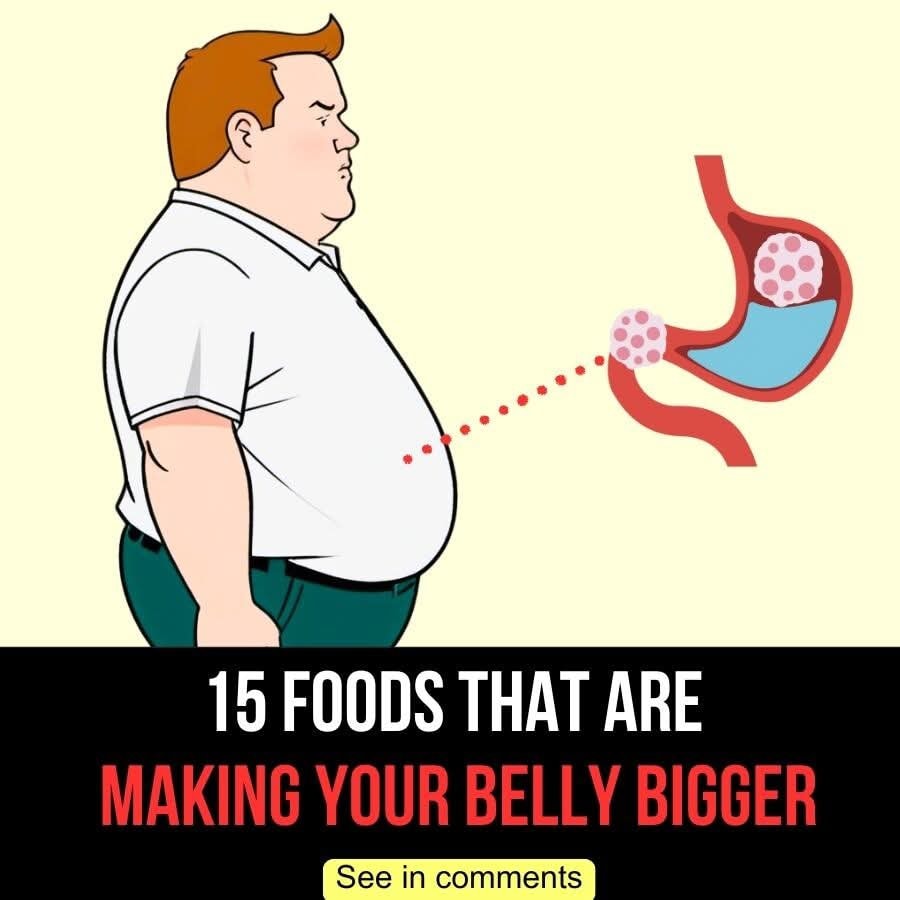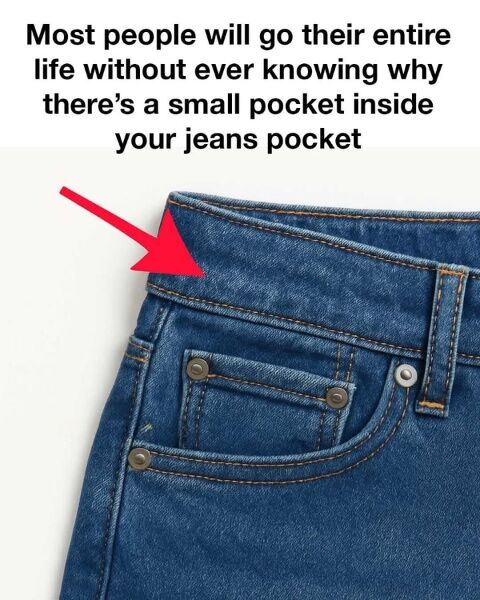Ever feel like your belly keeps growing even when you’re eating what seems like “healthy” food? The truth is, some everyday foods could be sneakily adding inches to your waistline — not just from fat, but from bloating, water retention, and hidden sugars.
1. White Bread & Refined Grains
Refined carbs like white bread, pasta, and pastries are stripped of fiber, digested quickly, and spike your blood sugar. The result? You feel hungrier faster — and that leads to overeating and belly fat.
2. Soda & Sugary Drinks
That daily soda habit? It’s pure liquid sugar. Even diet sodas can mess with your metabolism and cause water retention or gas from artificial sweeteners.
3. Alcohol (Especially Beer)
“Beer belly” is real — alcohol slows your metabolism, causes inflammation, and leads to fat storage around the midsection. Plus, it triggers hunger, making you eat more.
4. Processed Meats
Bacon, sausages, deli slices — all high in sodium and saturated fats, which can lead to bloating and visceral fat (the dangerous kind that surrounds organs).
5. Fried Foods
Deep-fried anything sits heavy in your gut, slows digestion, and is high in trans fats — a belly fat magnet.
6. Too Much Dairy
Some people can’t properly digest lactose (even without knowing it), leading to gas, bloating, and belly discomfort after milk, cheese, or ice cream.
7. Chewing Gum or Sugar-Free Snacks
They often contain sorbitol or xylitol, sugar alcohols that your body struggles to digest. The result? Belly gas, cramps, and bloating.
8. Packaged Snack Foods (Chips, Crackers, Granola Bars)
Most are loaded with hidden sugars, salt, and preservatives — which mess with your digestion, spike cravings, and puff up your midsection.
9. High-Sodium Foods
Too much salt causes your body to hold onto water, giving you that puffy, bloated belly look — even if you’re not gaining fat.
10. Fruit Juices
They may seem healthy, but most store-bought juices are high in fructose and lack fiber. This sugar rush goes straight to your waistline.
What To Do Instead?





Sometimes it’s not just what you eat, but how you eat it. Eating in a rush, late at night, or under stress can all lead to bloating too!












